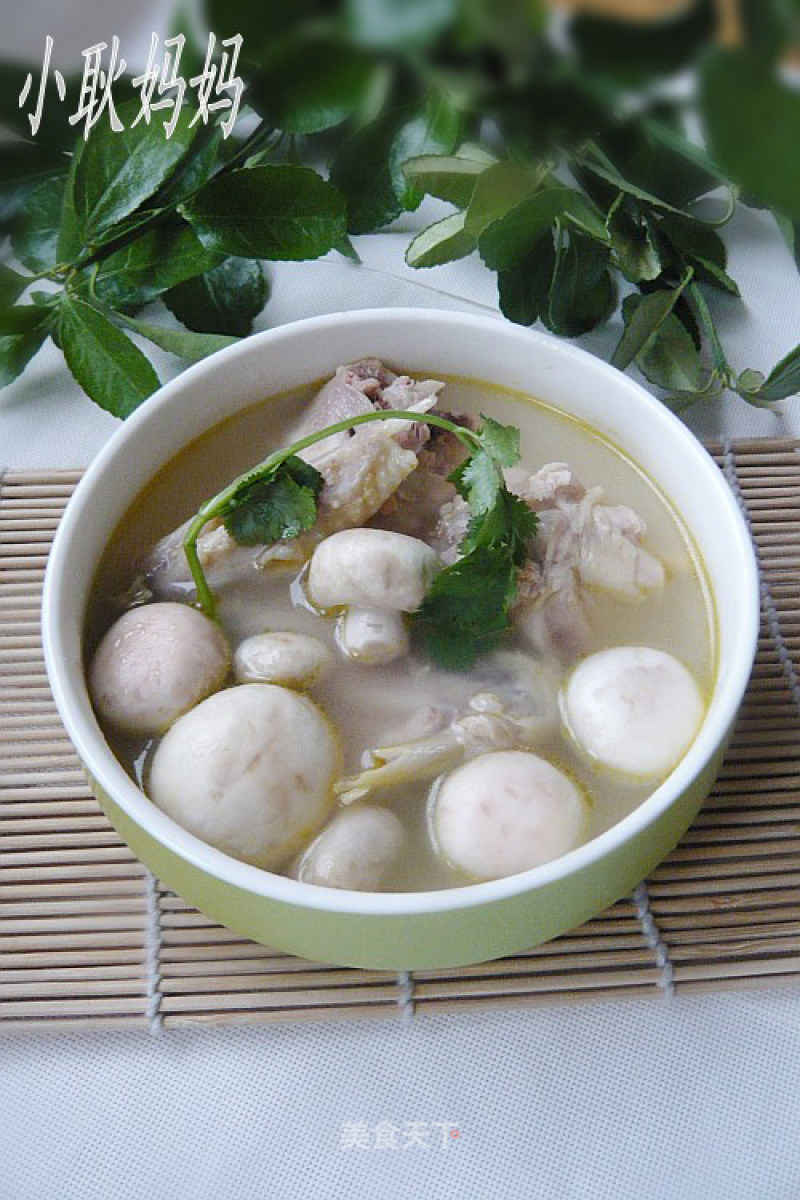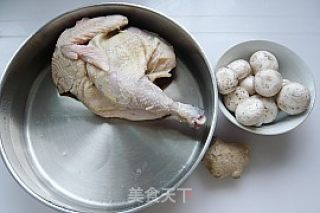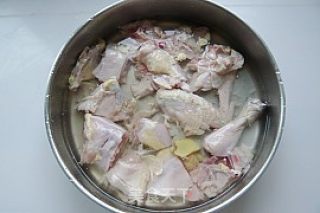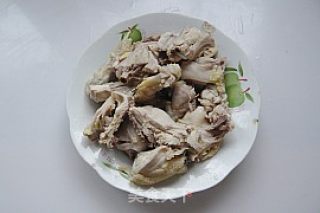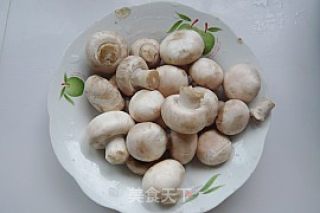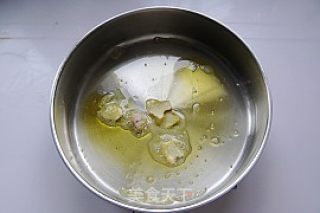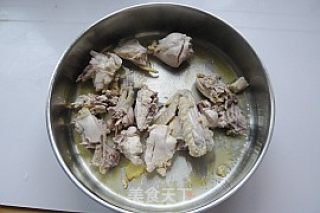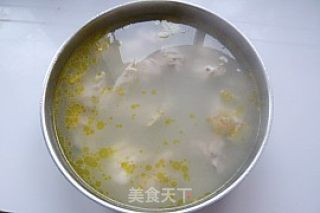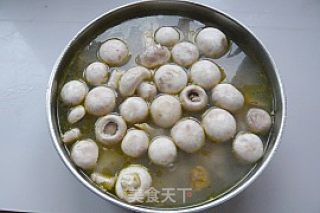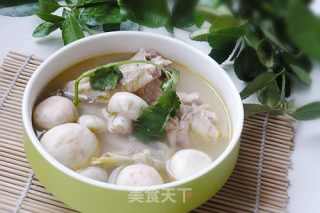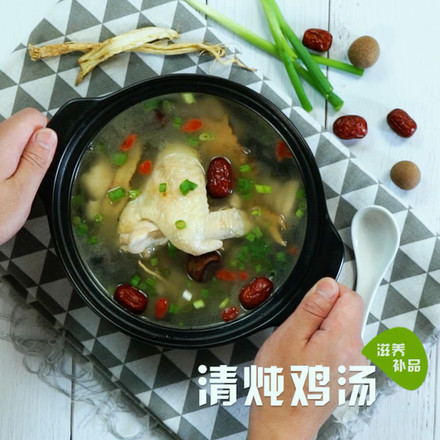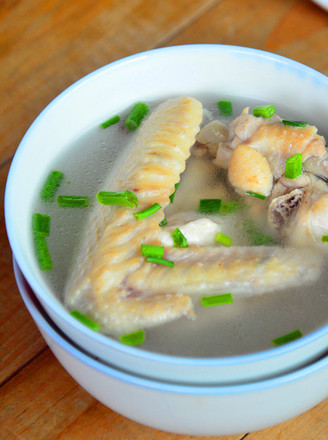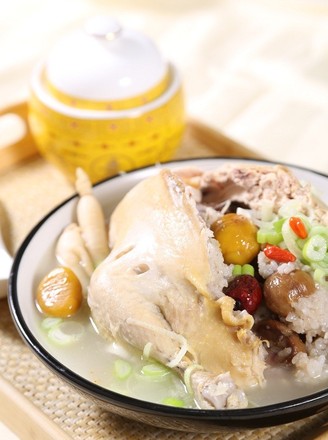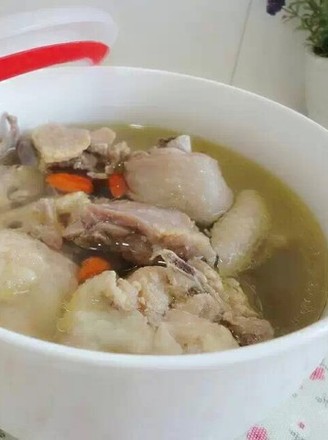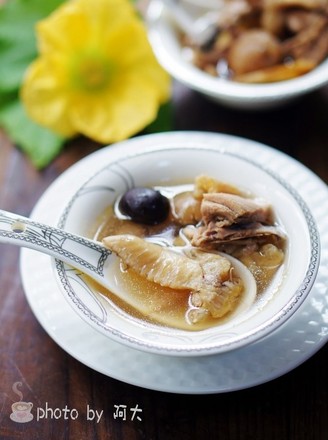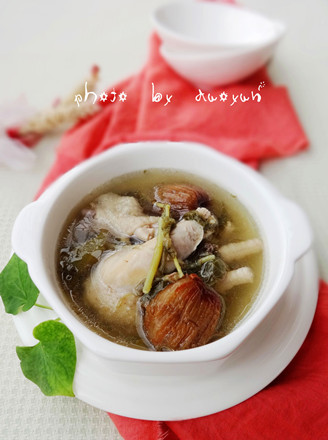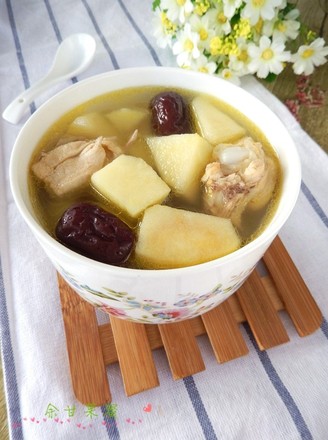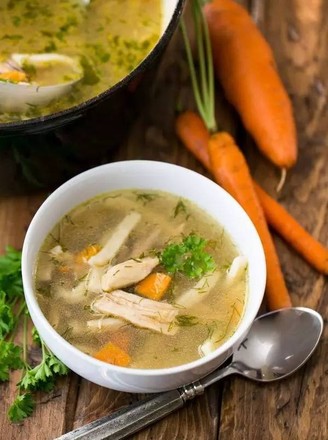Mushroom Chicken Soup
by Xiao Geng's mother
Favorite
Difficulty
Easy
Time
2h
Serving
2
The role of mushrooms
1. Improve the body's immunity The active ingredients of mushrooms can enhance the function of T lymphocytes, thereby improving the body's immune function against various diseases.
2. Analgesia and sedation Act-2, a substance extracted from mushrooms by a research institute in Brazil, has analgesic and sedative effects, and its analgesic effect can replace morphine.
3. The cough-reducing and phlegm-reducing mushroom extract was used in animal experiments, and it was found to have obvious antitussive and phlegm-reducing effects.
4. Anti-cancer Japanese researchers have analyzed a super-powerful anti-cancer substance with a molecular weight of 288 in the active ingredients of mushrooms, which can inhibit the growth of cancer cells, and its effect is 1,000 times stronger than the anti-cancer substance in green tea. Mushrooms also contain a toxic protein, which can effectively prevent the protein synthesis of cancer cells.
5. The crude fiber, semi-crude fiber and lignin contained in the laxative and detoxifying mushrooms can keep the water in the intestines, absorb the remaining cholesterol and sugar, and excrete them, which is useful for preventing constipation and intestinal cancer. ,arteriosclerosis. Diabetes and so on are very beneficial. "
1. Improve the body's immunity The active ingredients of mushrooms can enhance the function of T lymphocytes, thereby improving the body's immune function against various diseases.
2. Analgesia and sedation Act-2, a substance extracted from mushrooms by a research institute in Brazil, has analgesic and sedative effects, and its analgesic effect can replace morphine.
3. The cough-reducing and phlegm-reducing mushroom extract was used in animal experiments, and it was found to have obvious antitussive and phlegm-reducing effects.
4. Anti-cancer Japanese researchers have analyzed a super-powerful anti-cancer substance with a molecular weight of 288 in the active ingredients of mushrooms, which can inhibit the growth of cancer cells, and its effect is 1,000 times stronger than the anti-cancer substance in green tea. Mushrooms also contain a toxic protein, which can effectively prevent the protein synthesis of cancer cells.
5. The crude fiber, semi-crude fiber and lignin contained in the laxative and detoxifying mushrooms can keep the water in the intestines, absorb the remaining cholesterol and sugar, and excrete them, which is useful for preventing constipation and intestinal cancer. ,arteriosclerosis. Diabetes and so on are very beneficial. "

